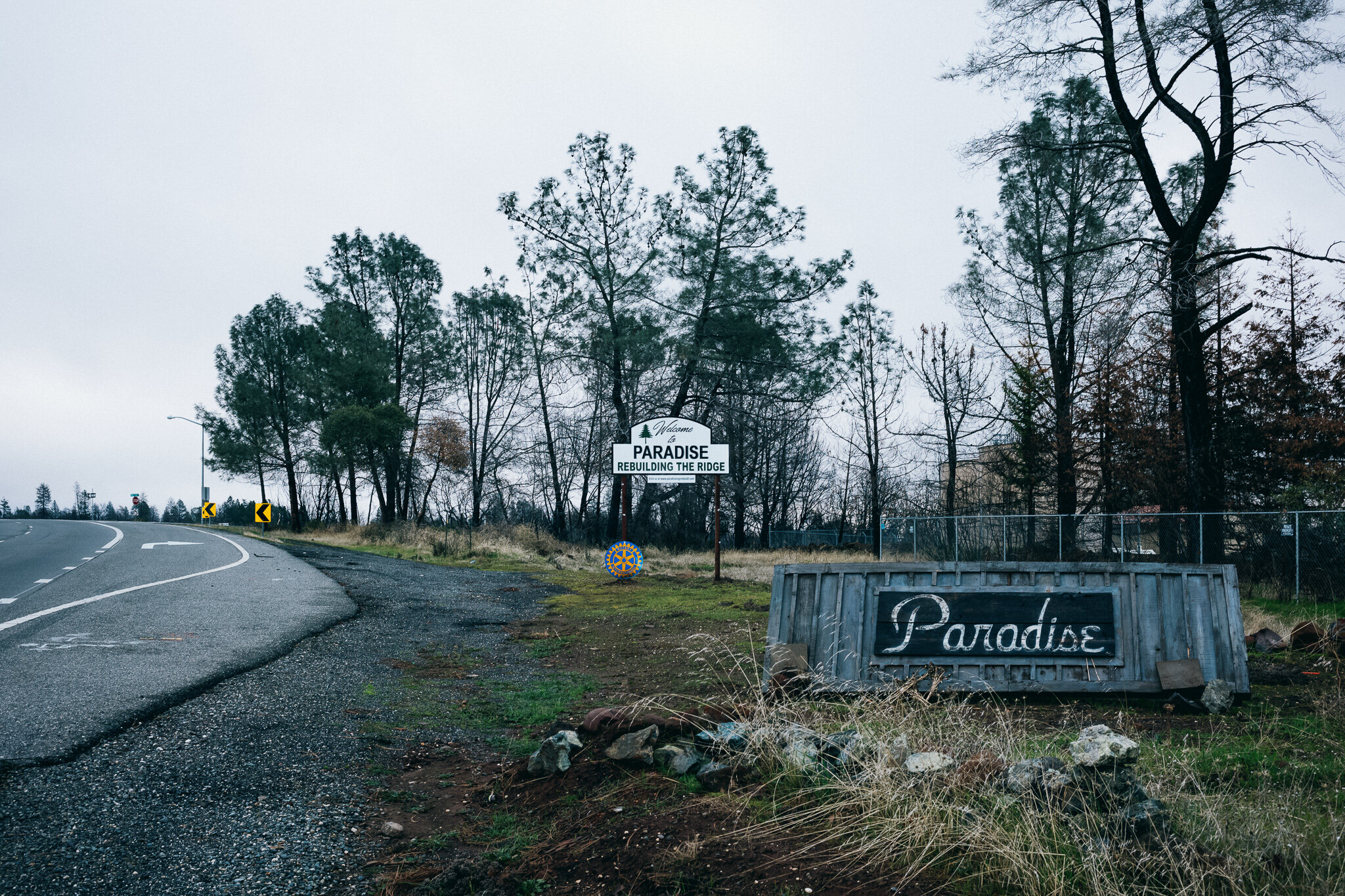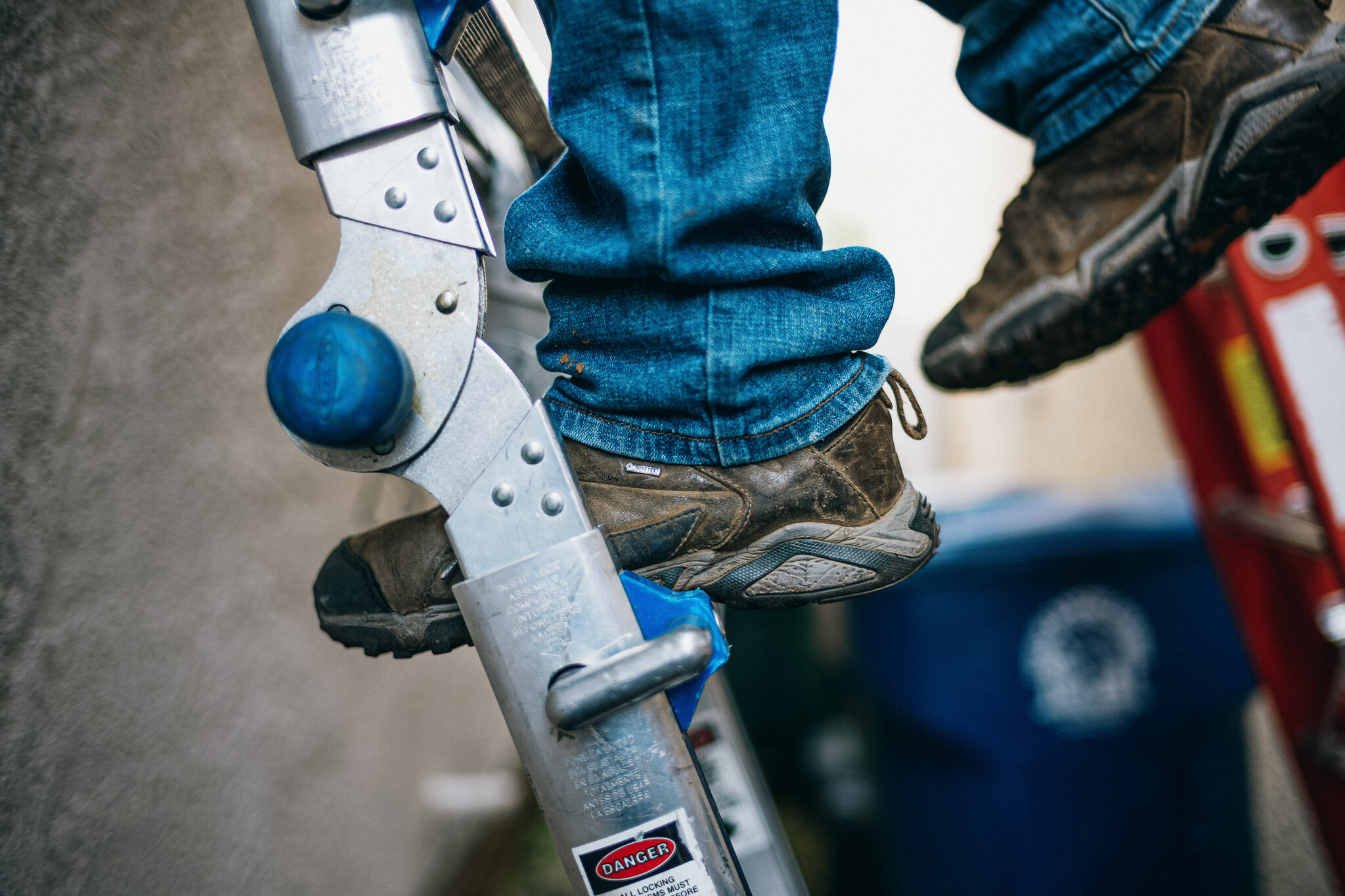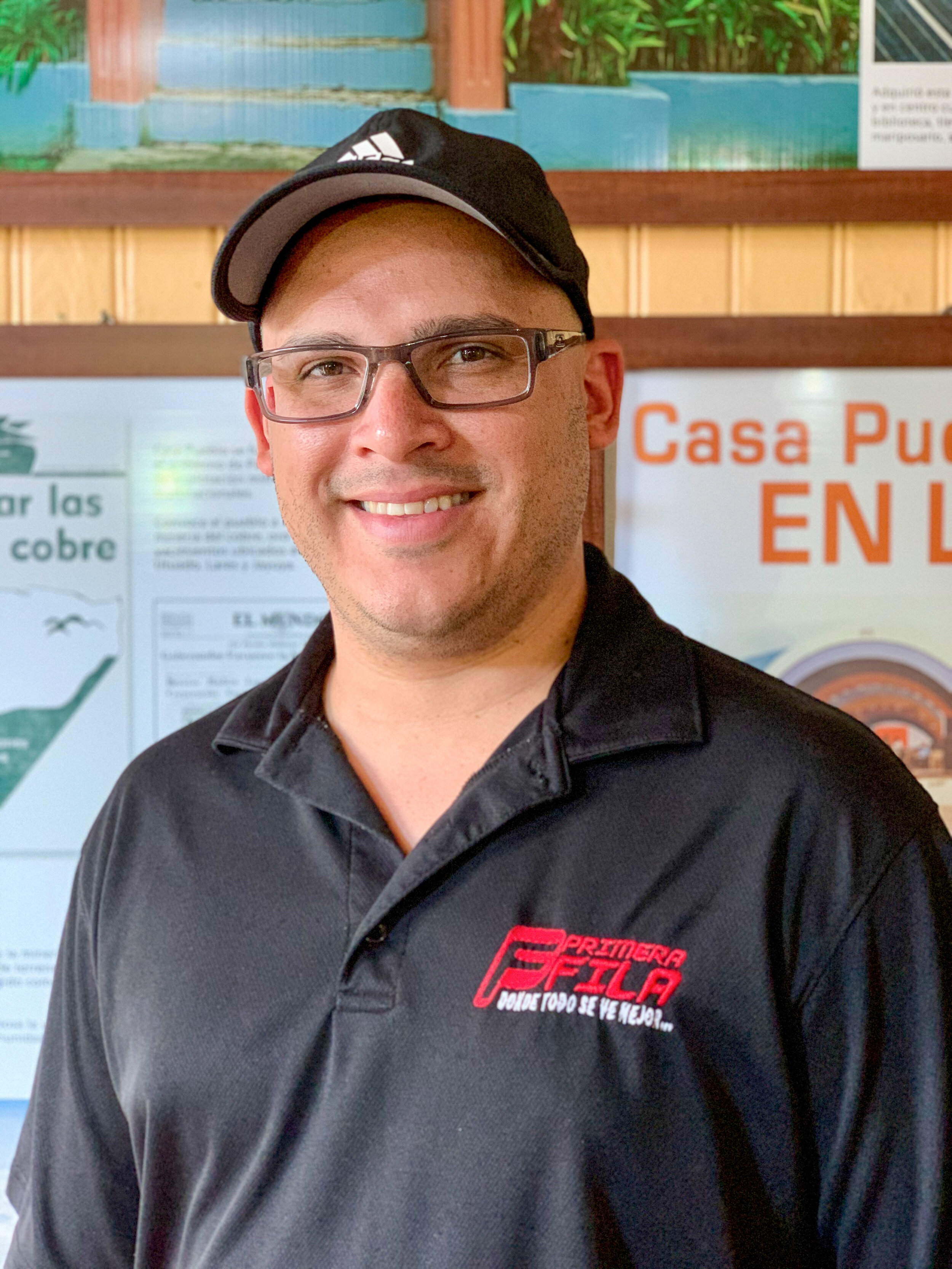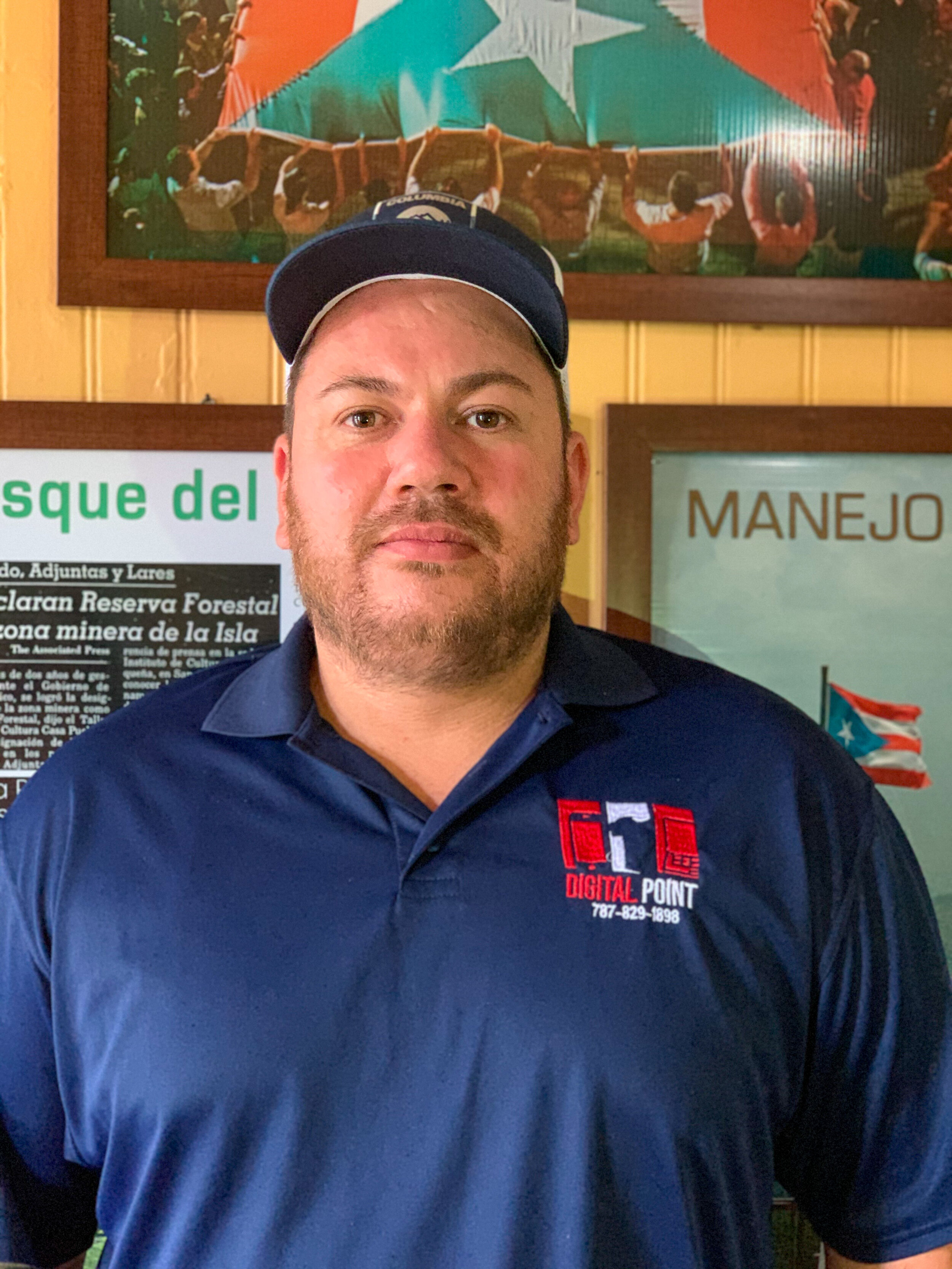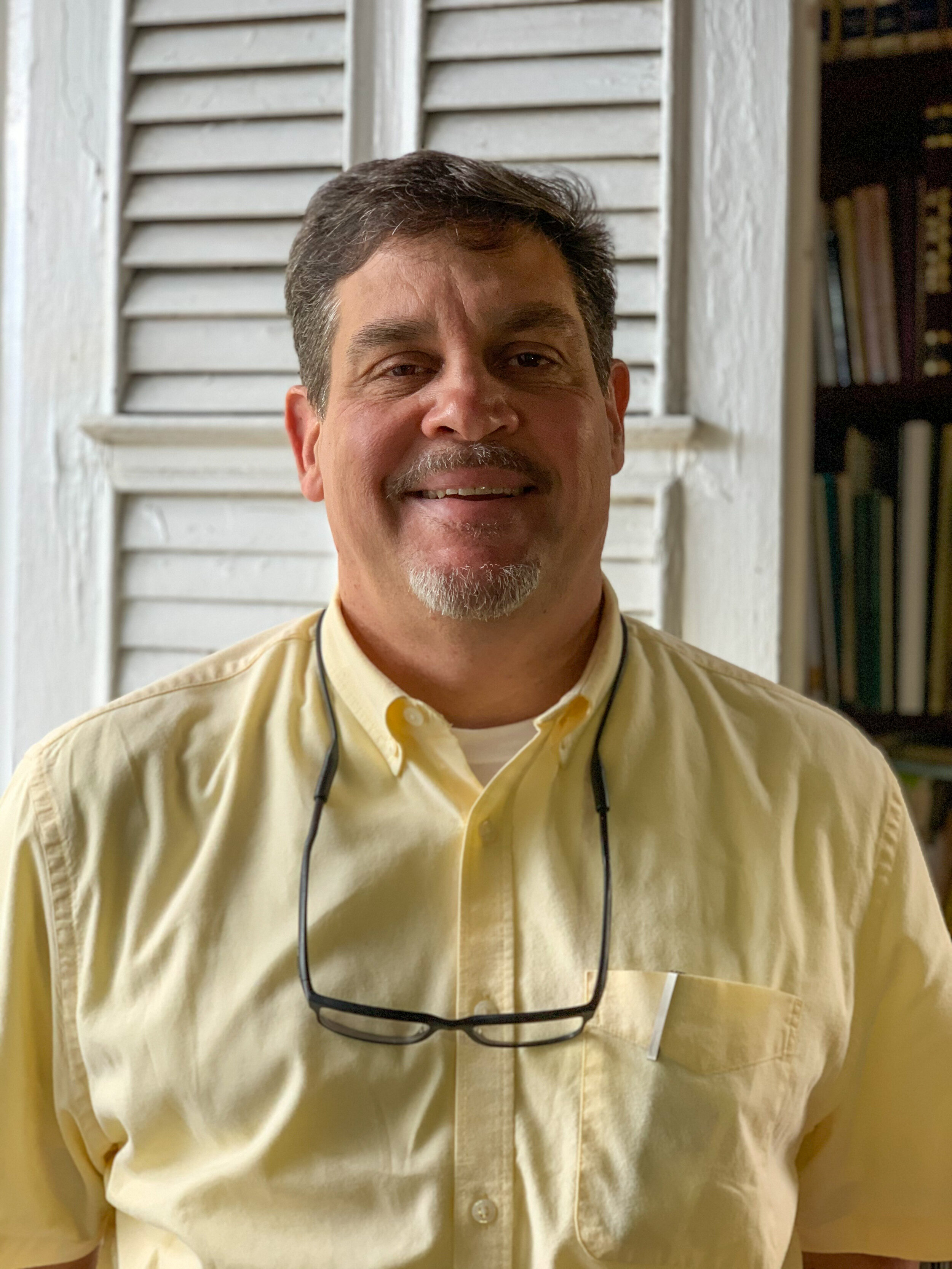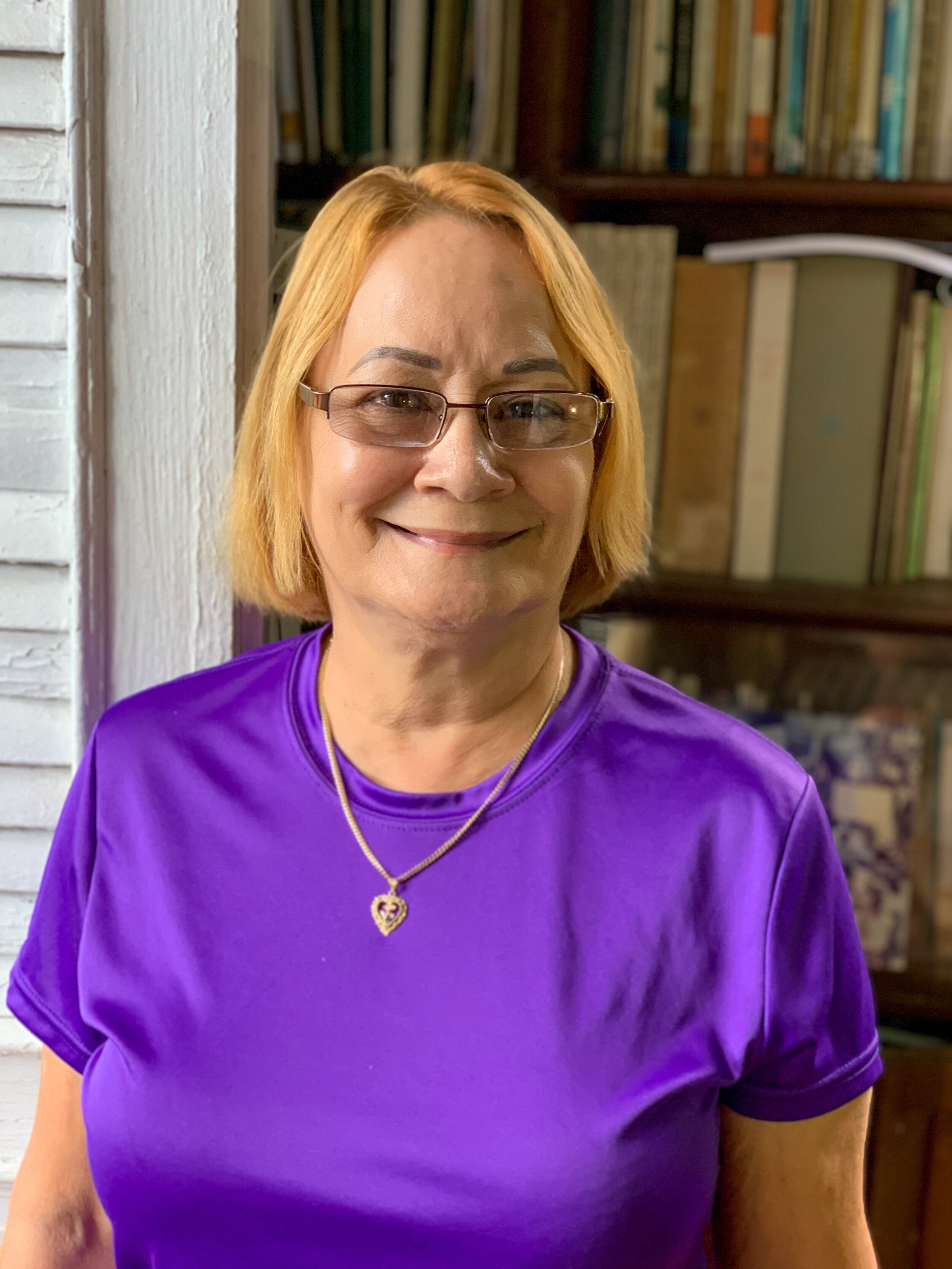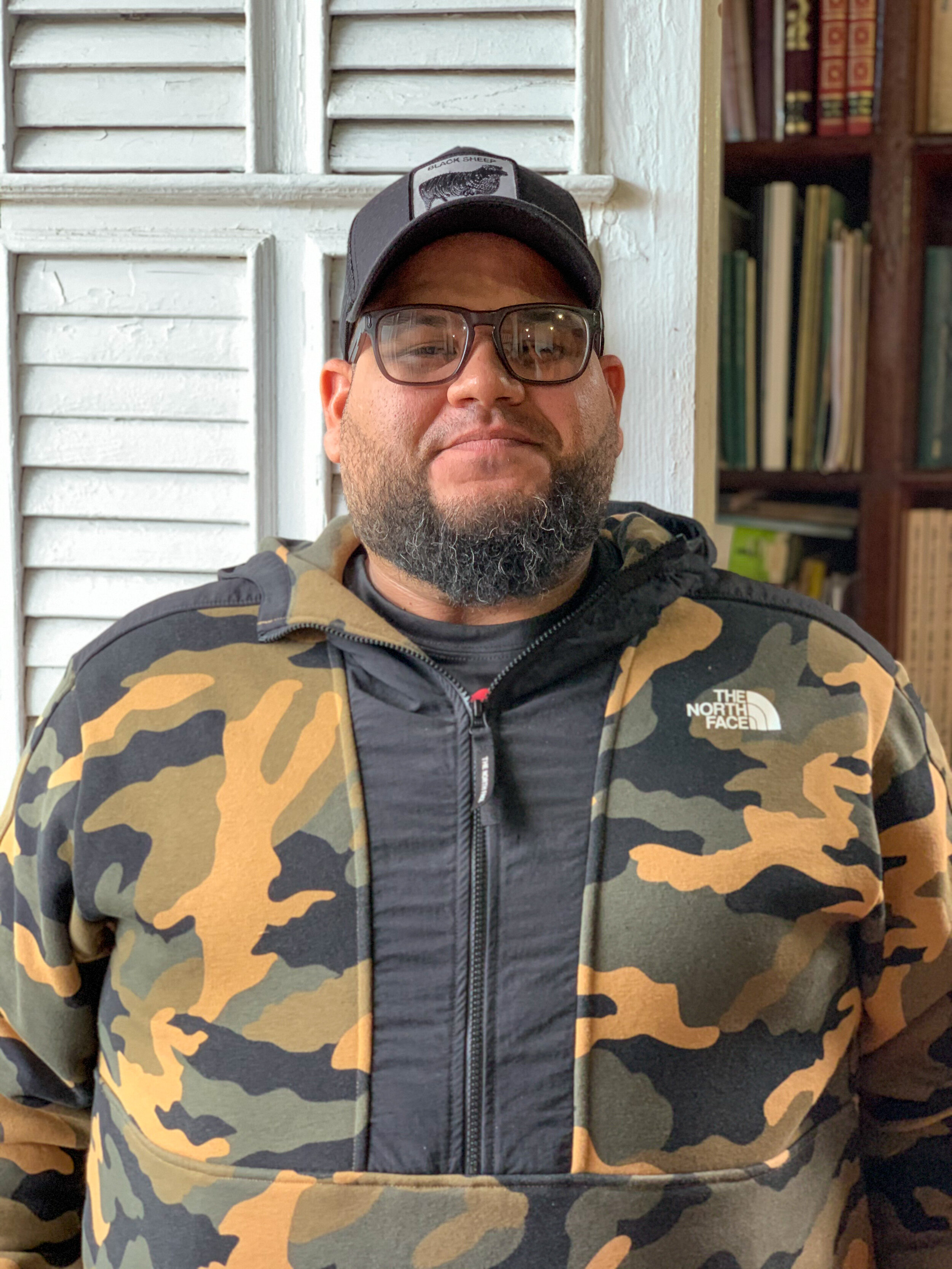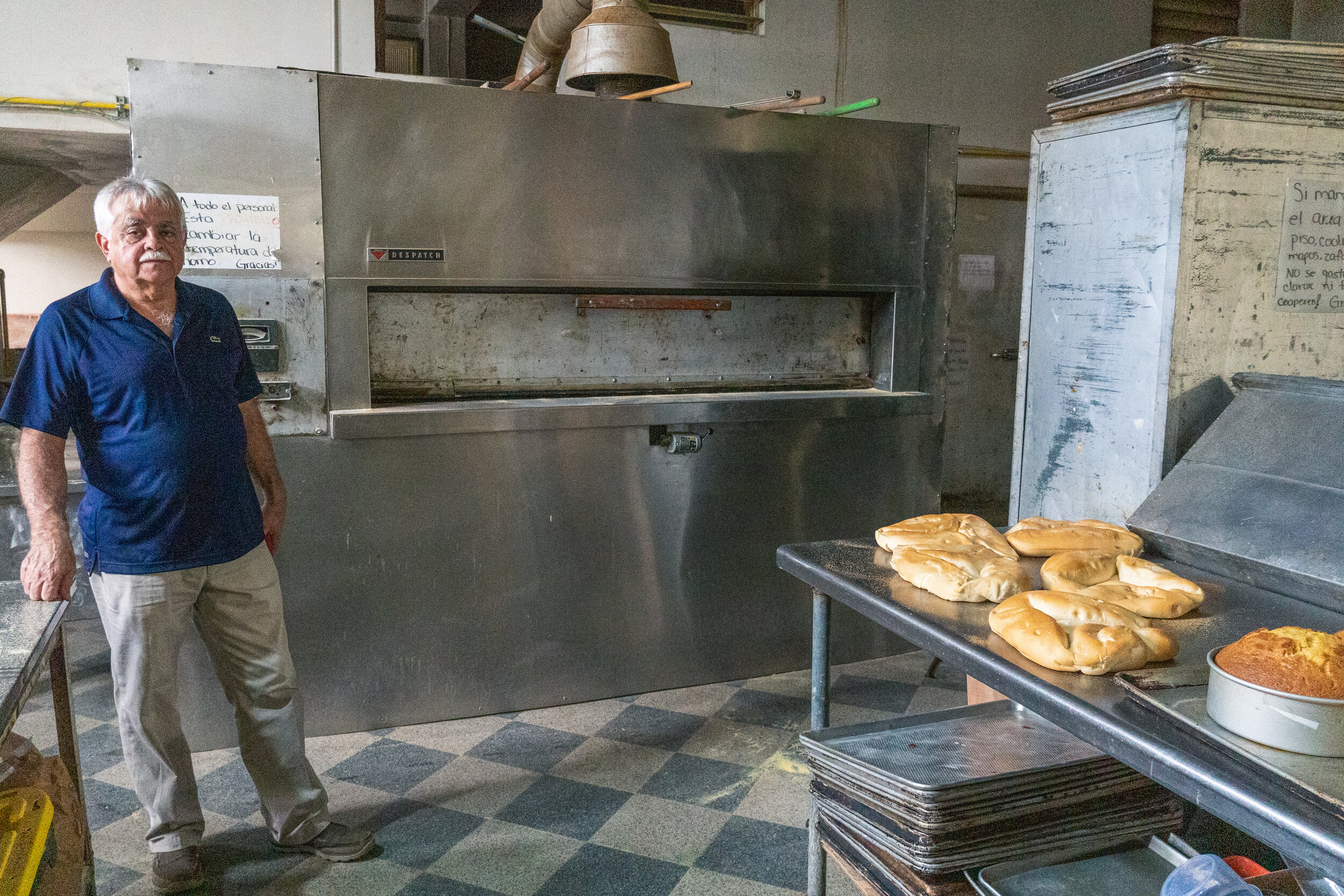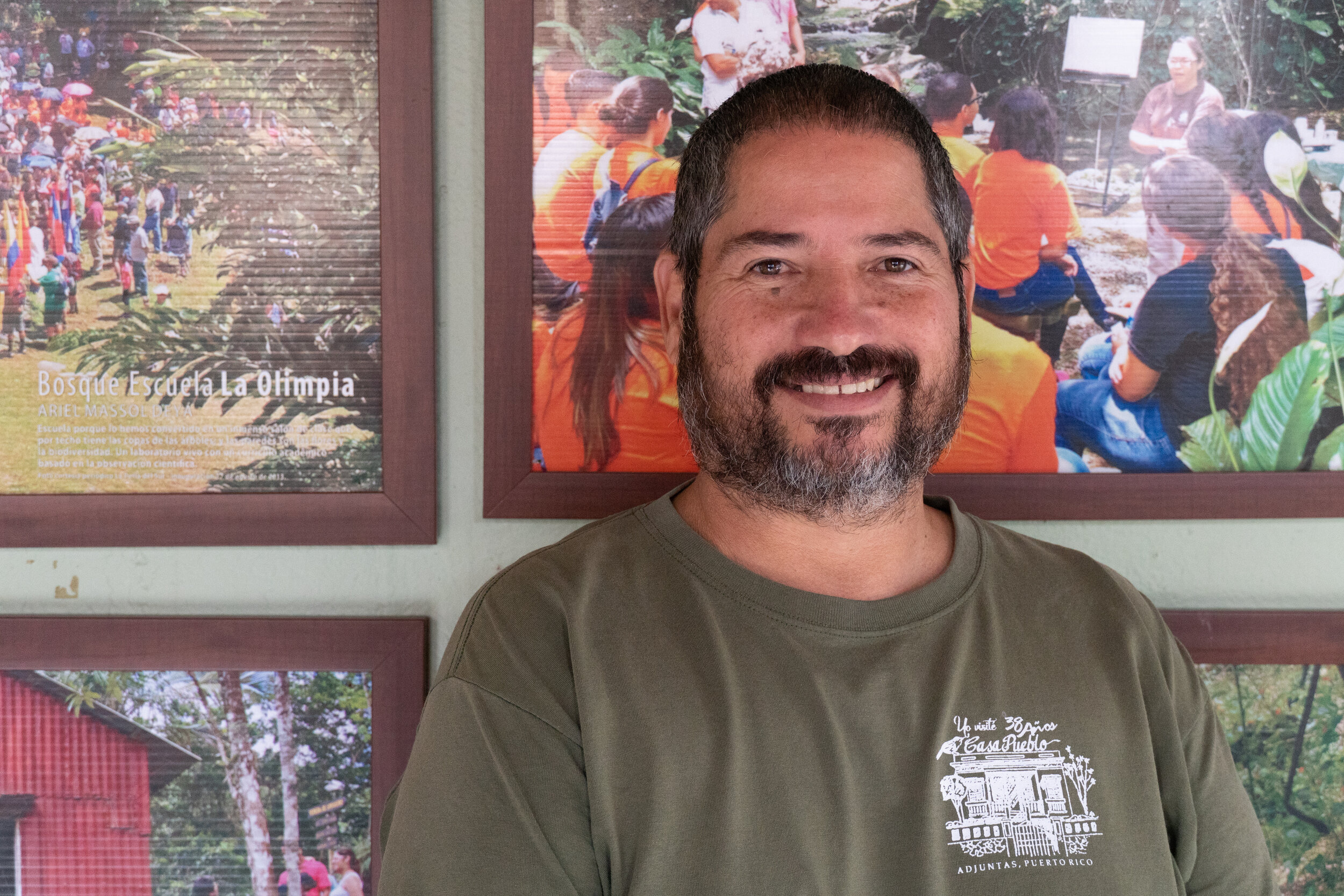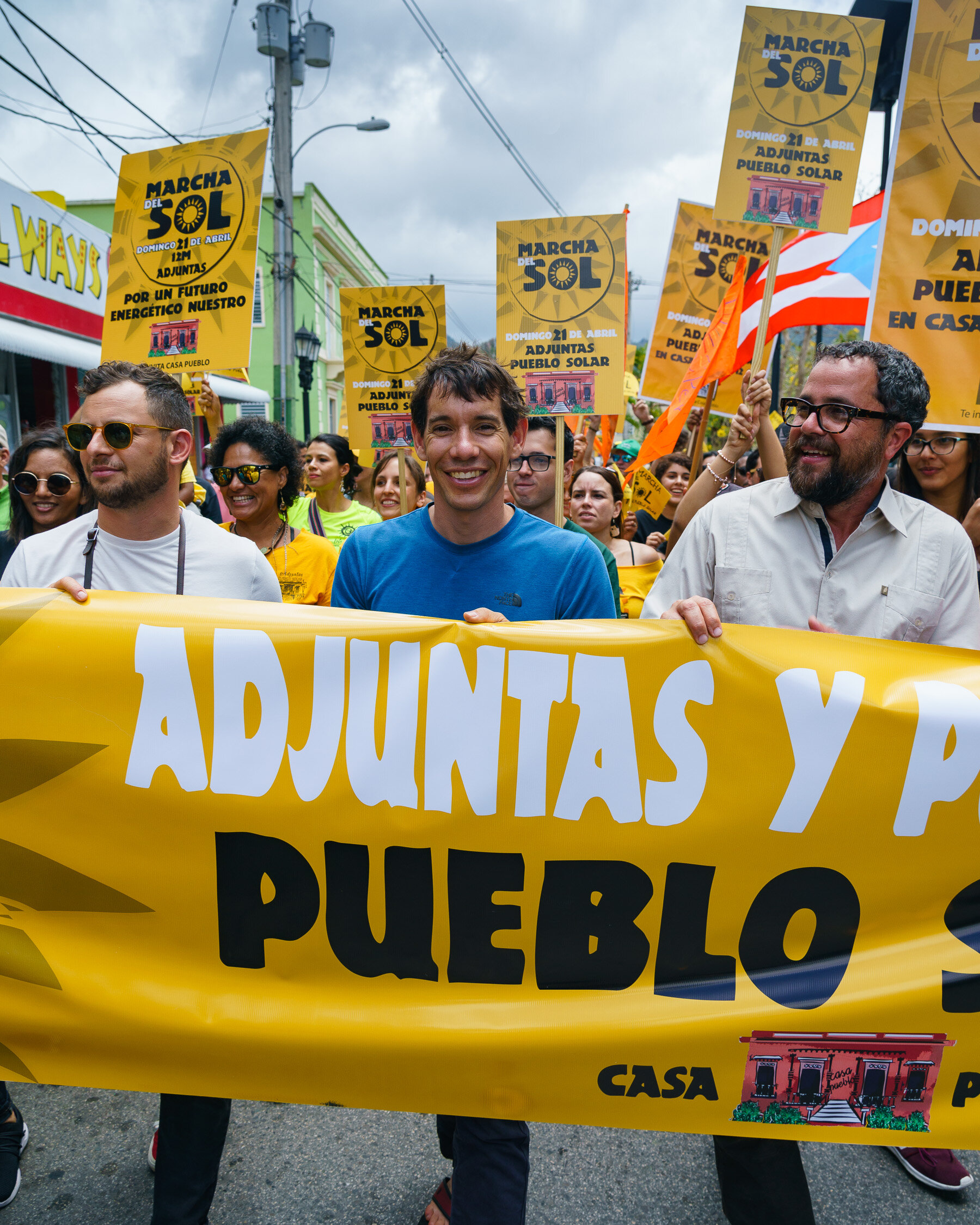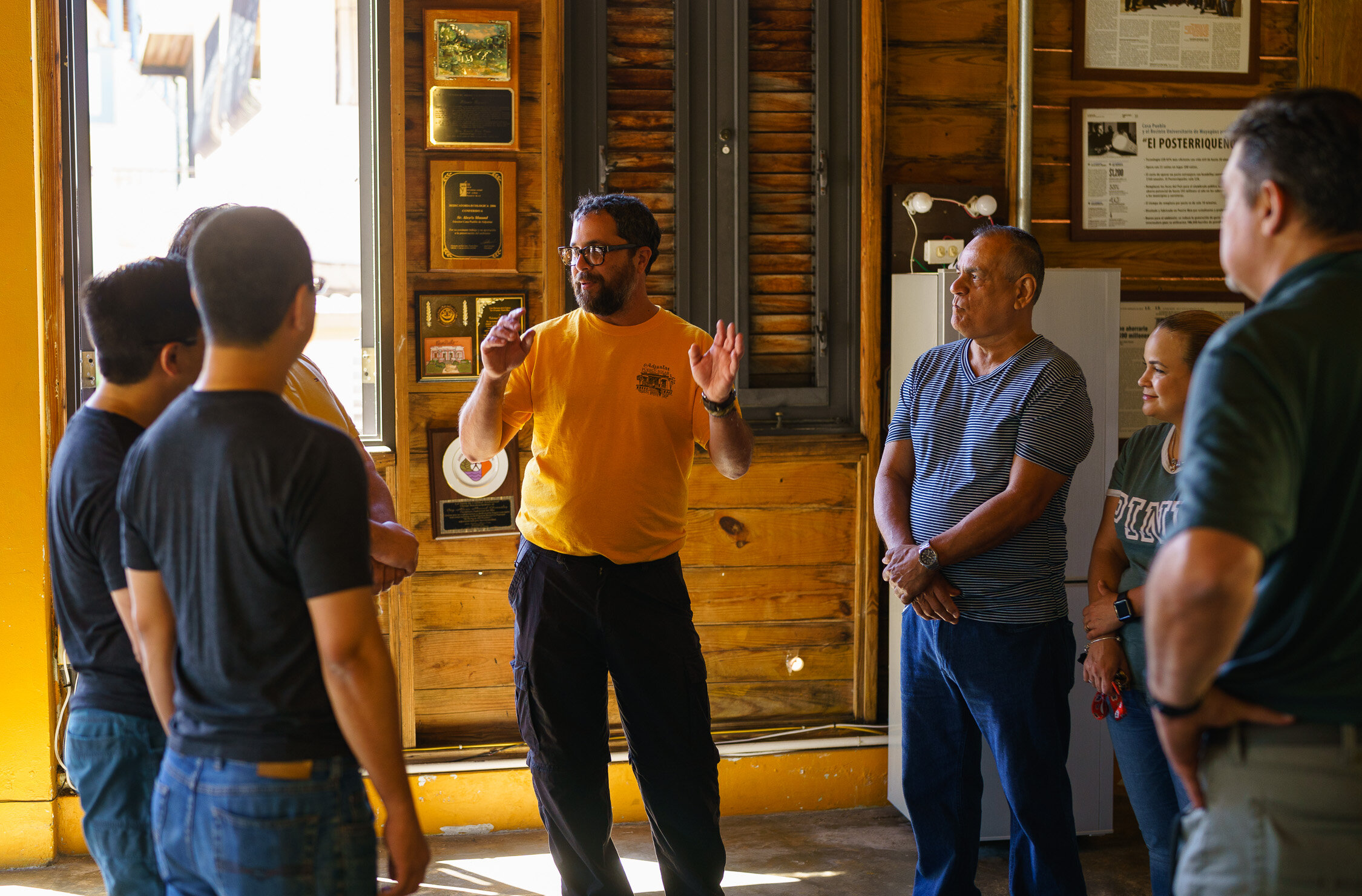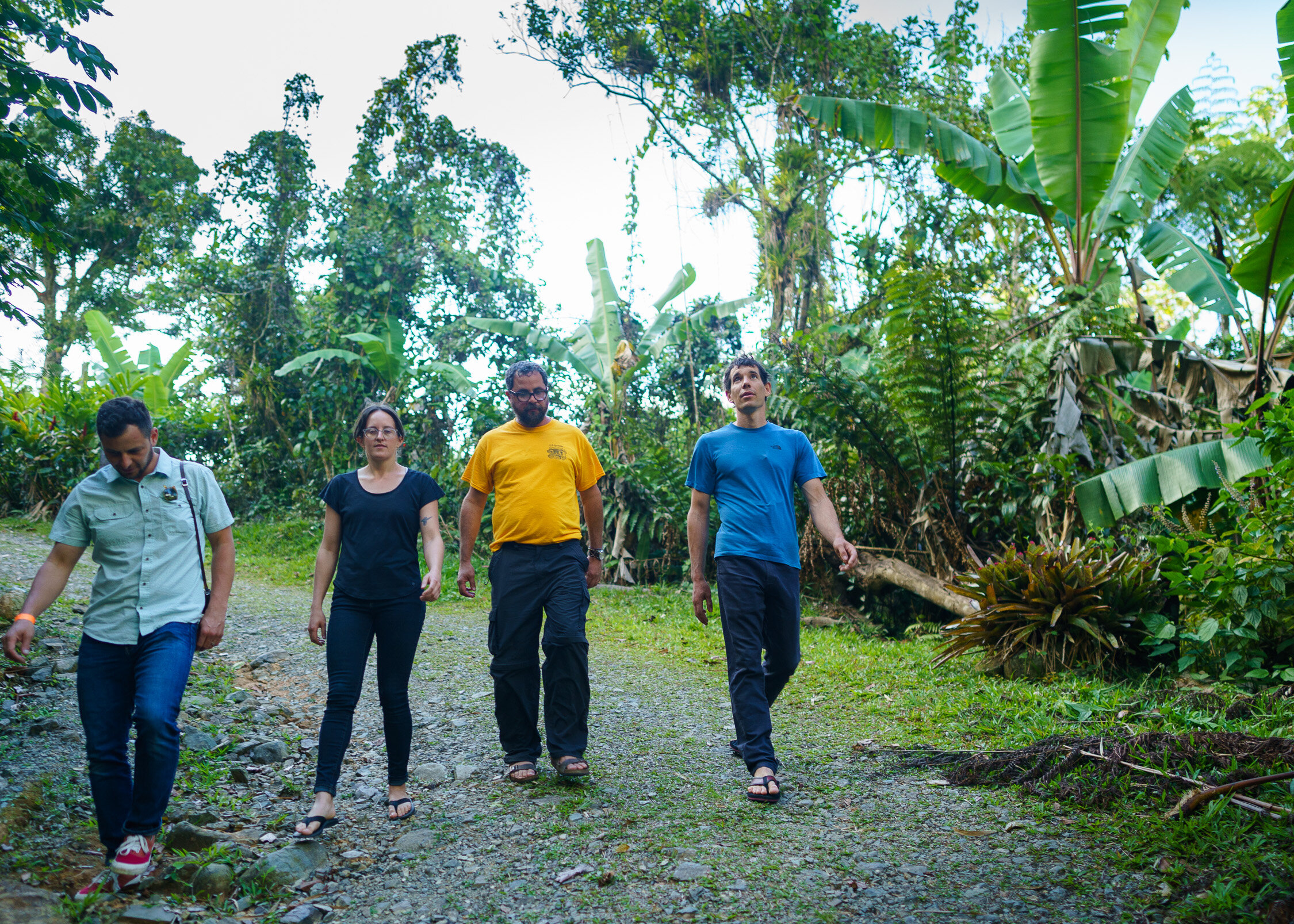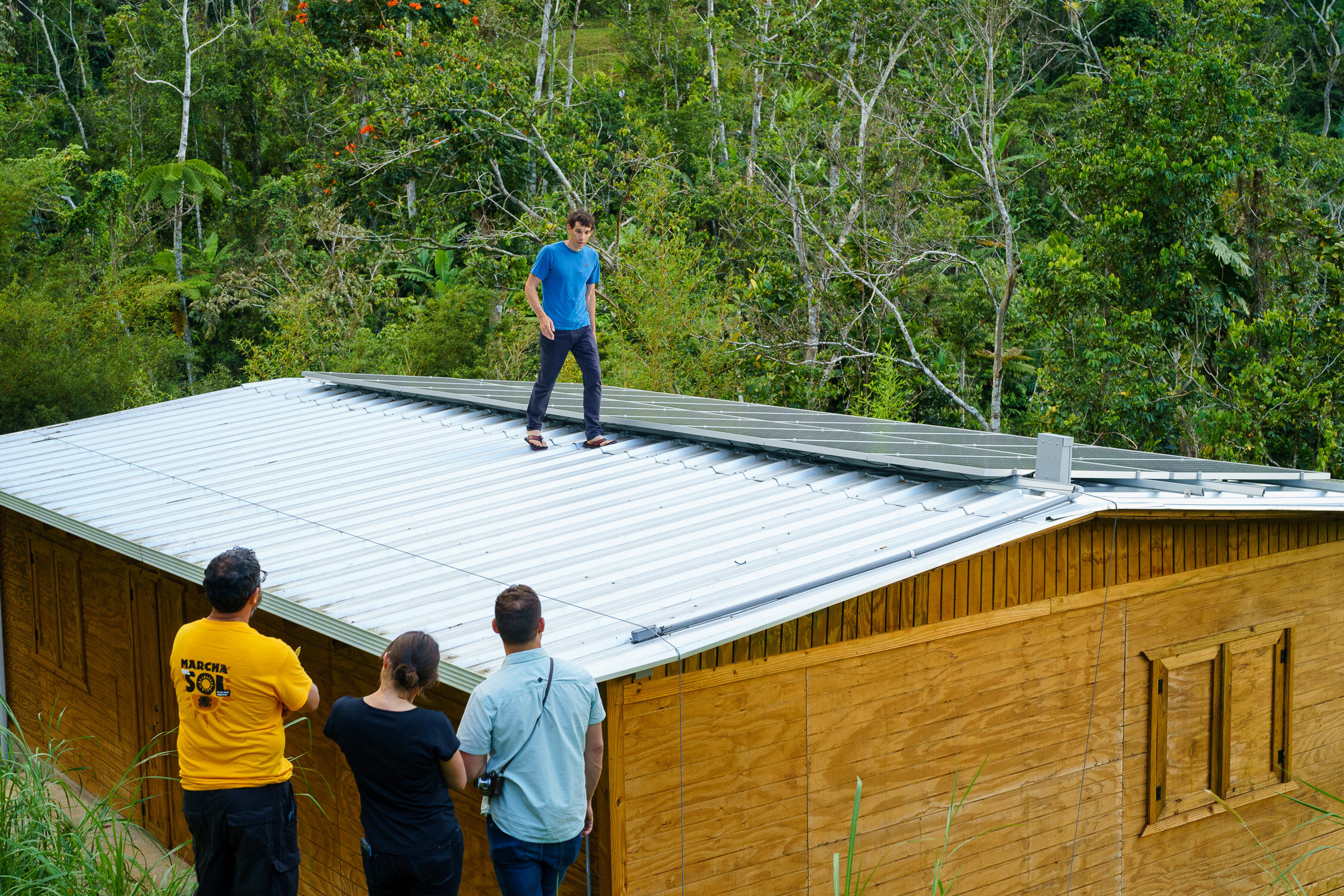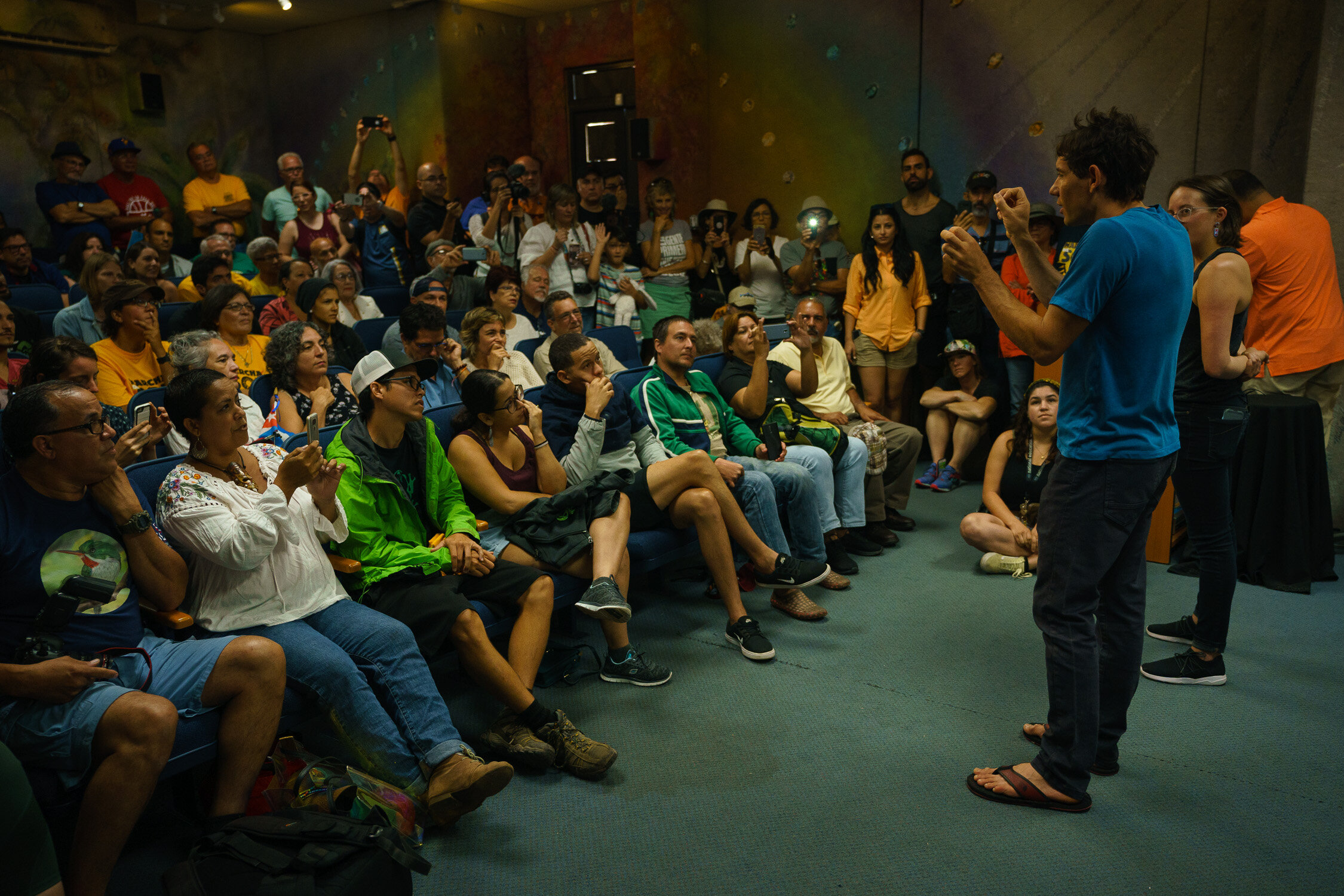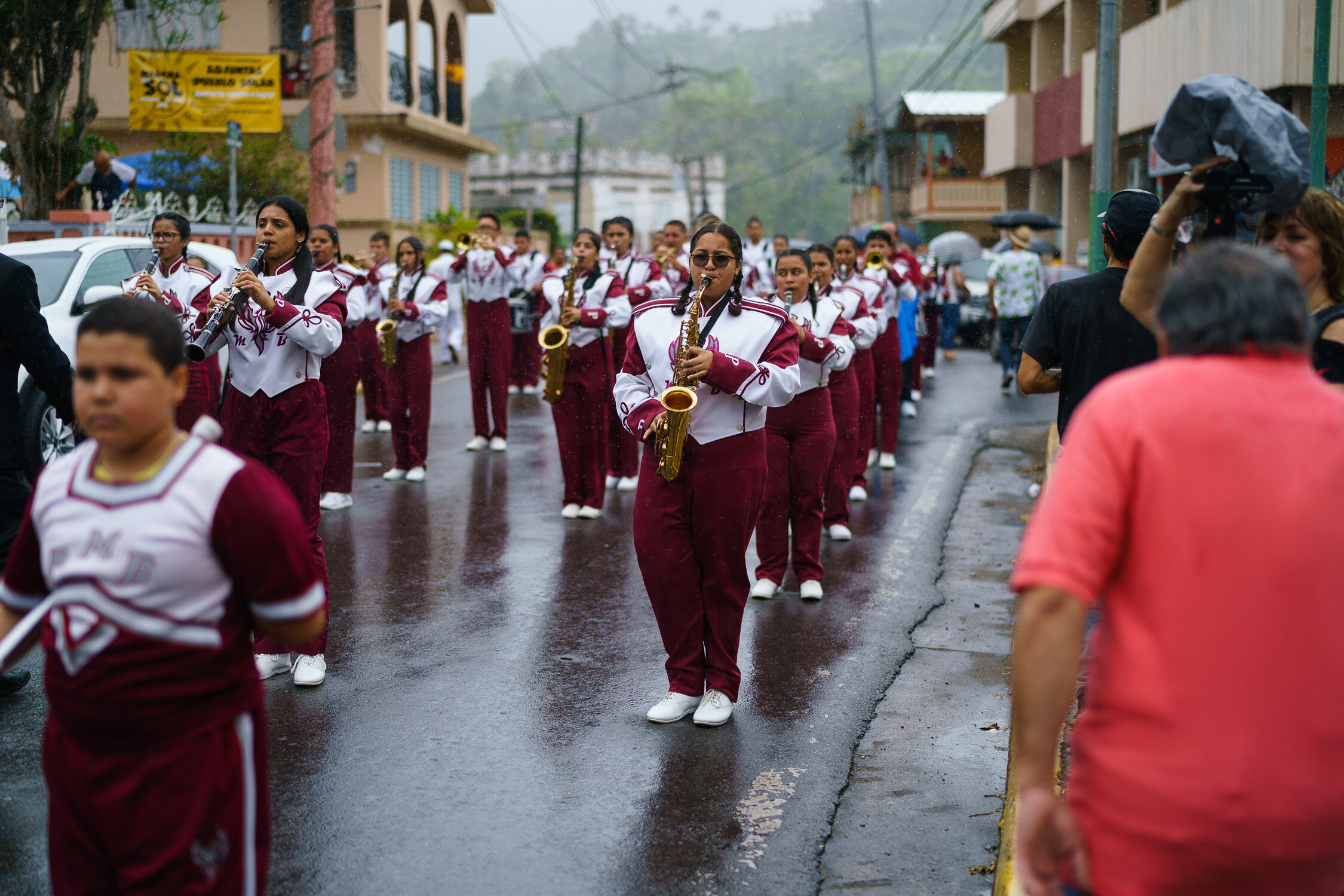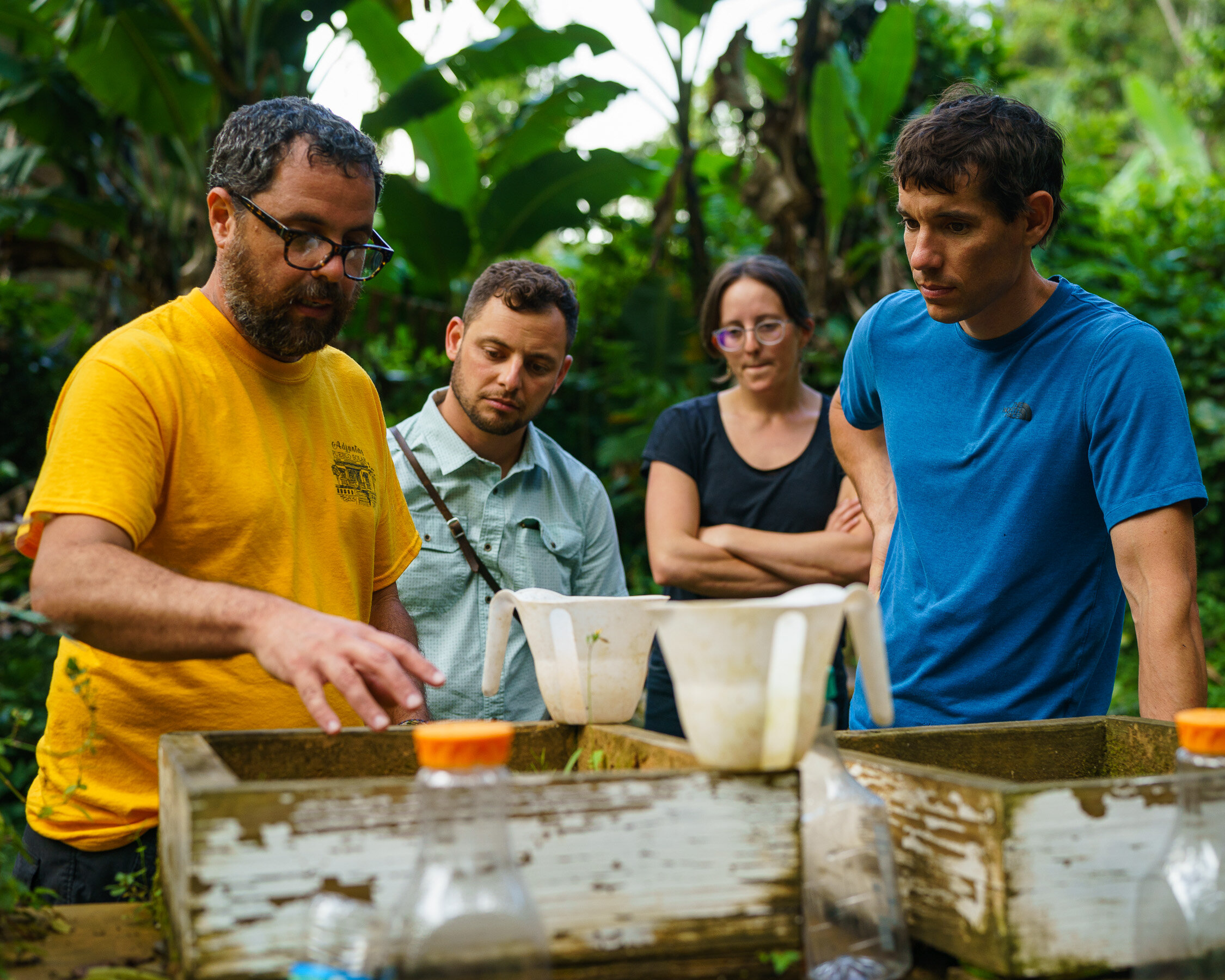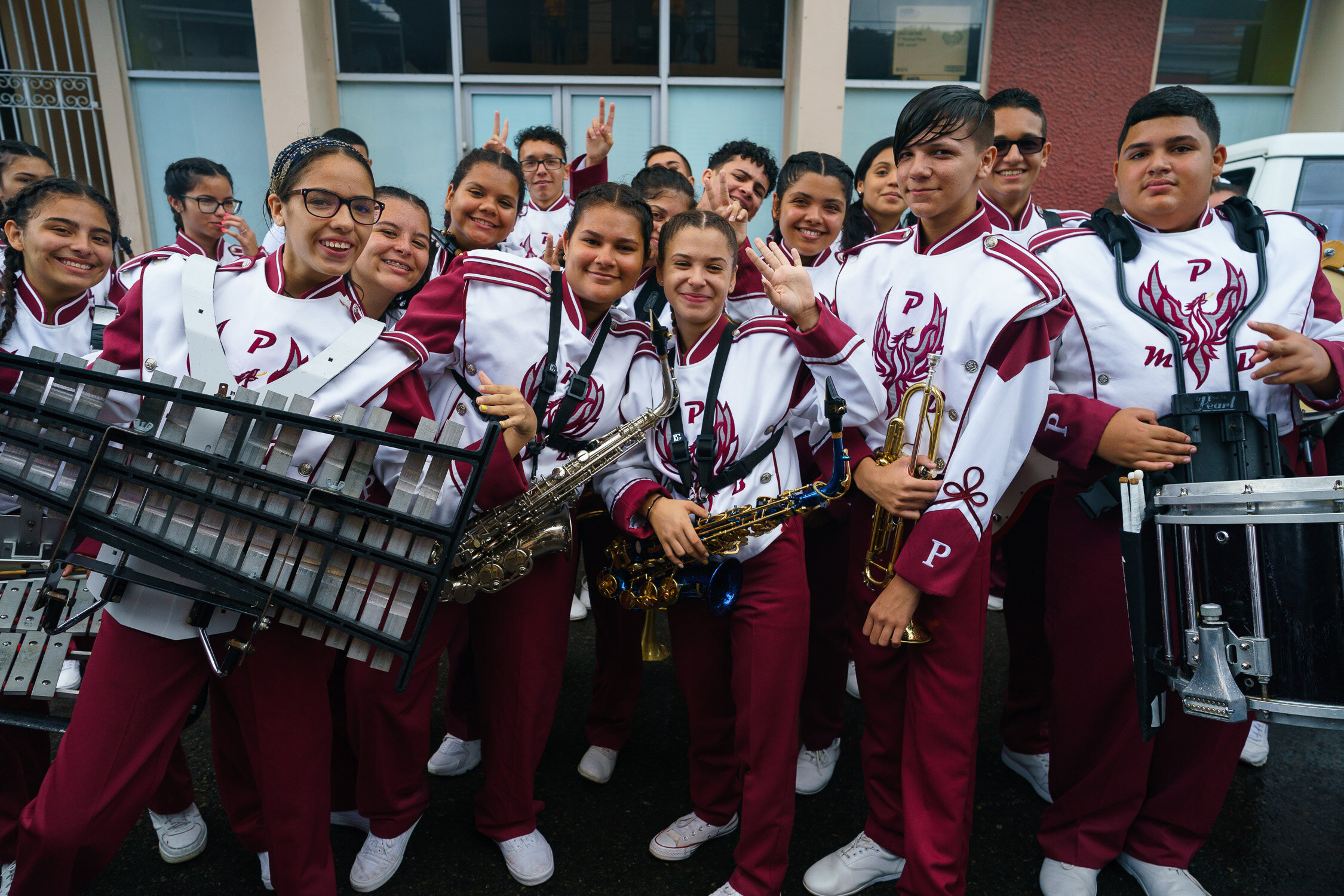What are the needs?
Access to solar light is life-changing for the elders and families that receive solar energy systems. For example, Bessie Wilson lives in a small Hogan in Bodaway/Gap Chapter with no running water and an outhouse nearly 50 yards away. Bessie has a young daughter and a 15-year-old son who travels to school over 40 miles away during the week. Prior to receiving a Goal Zero home solar system from Elephant Energy, Bessie and her family used expensive batteries to power a flashlight, or went without light at night. In March 2013, Elephant Energy installed a Goal Zero Escape 150 system in Bessie’s home, and additional lights outside her house and on her outhouse. Now, at night, Bessie can weave Navajo rugs to sell to support her family, and with the ability to study at night, her son has started getting A’s and B’s in school, instead of C’s and D’s.
What does Elephant Energy do?
Entrepreneurs Program
Solar entrepreneurs form the backbone of the Northern Navajo Solar Entrepreneurs Project. Elephant Energy believes that entrepreneurs must “learn by doing,” and as such, entrepreneurs participate in on-location trainings about pricing, marketing, and sales. This training allows entrepreneurs who are attuned to the cultural norms of the area to make informed business decisions. Trained solar entrepreneurs receive small-scale solar products to sell and generate income for their families. This program increases community economic development in the Navajo Nation and increases engagement in business.
Solar Schools Initiative
Through this Initiative, Elephant Energy partners with the Northern Arizona University to develop and teach a “solar schools curriculum” to community schools, and to provide study lamps that kids can check out from the library, just like they would check out a book. Kids can use these lights to study at home, while sharing knowledge about solar technology with their families.
Elder Installation Program
Elephant Energy partners with Community Health Representatives throughout the Navajo Nation to identify the highest risk members of each community. Through this program, Elephant Energy provides supplies to install solar products pro bono into the homes of sick and elderly community members, reducing dependence on costly and dangerous kerosene for light.
What are the impacts?
Elephant Energy’s Northern Navajo Solar Entrepreneurs Project will:
Eradicate kerosene use for lighting in the Navajo Nation
Establish clean energy technologies as viable and accessible alternatives to grid-based electricity from coal-fired power plants
Facilitate rural economic development by creating job opportunities on the Navajo Nation
How can you help?
Donate to help support the Northern Navajo Solar Entrepreneurs Project! Curious what your money will go towards?
$25 loans a solar-powered light and cell phone charger to a solar entrepreneur
$50 provides three solar lights in the home of a Navajo family
$100 eliminates kerosene use in the homes of two Navajo elders
$250 provides a solar system to light an entire home
$500 provides kid-friendly solar products for the Solar Schools Initiative
The North Face will be matching donations up to the first $5,000, after which the Honnold Foundation will match up to an additional $10,000; for a total of $15,000 in matching funds!









